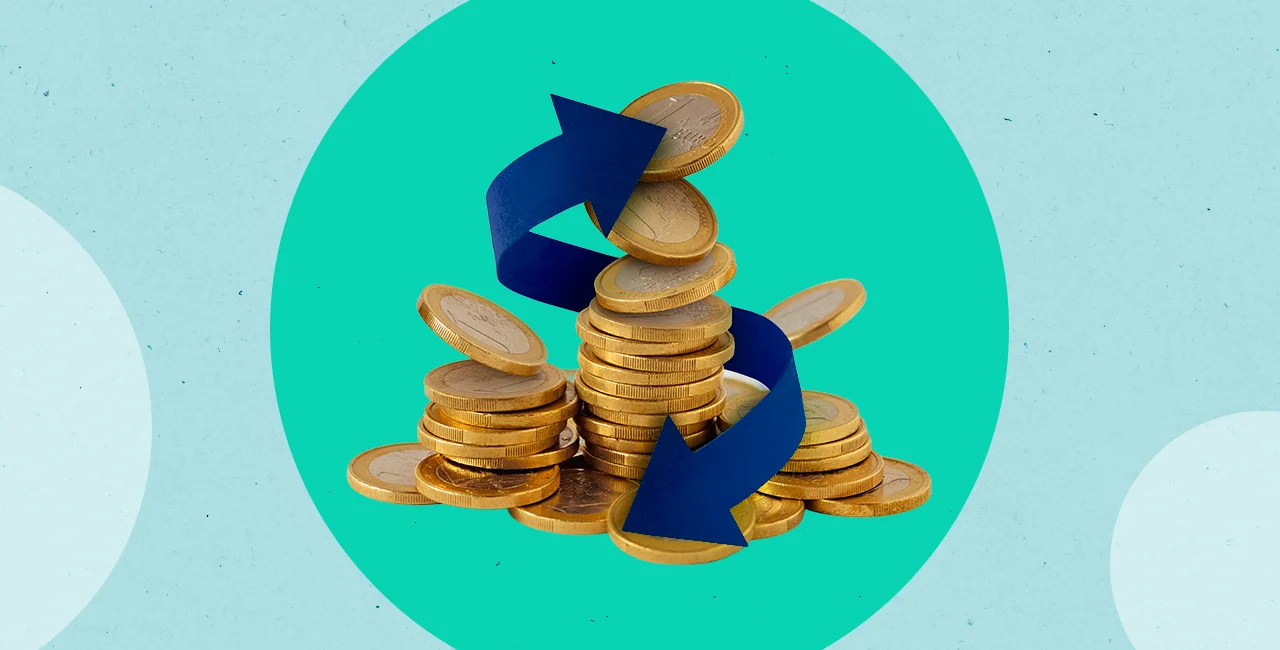If you are self-employed in Czechia, you’ll be aware that tax season is almost over, with just over a week left to complete your tax returns online. Thankfully, various tax credits and deductibles are on offer – depending on your situation – which should help lessen your tax burden this year.
We take you through the most important things to know about this year’s tax return (covering Jan. 1 to Dec. 31, 2023) and the deductions and credits you can claim.
PARTNER ARTICLE
Who does and doesn’t need to complete the tax return?
If you were self-employed in 2023, did business for some of the year, and earned over CZK 50,000 for the whole year from self-employed activities, you will need to submit a tax return.
At the start of 2023, self-employed people who signed up for Czechia’s flat-rate tax system and had no other income (standard employment, DPP/DPČ contracts, rental income, the sale of property, and so on) are exempted from the obligation to file a tax return.
How do I submit the tax return?
Those with a data box must submit their tax return online, via their data box. The deadline for this is Thursday, May 2. You may find and complete all electronic forms on the Moje daně (May Taxes) portal, then attach the finished forms to your data box.
You can also get a registered tax service or tax advisor to do it for you. In this case, the deadline for tax return submissions is July 1.
What are the tax rates?
Income tax for self-employed people is 15 percent of their total tax base (a person’s total amount of income that can be taxed). This is calculated by summing up total income and subtracting deductibles such as tax discounts and benefits.
Those with a tax base four times above the average annual salary (over CZK 1.94 million in 2023) will have an increased tax rate of 23 percent. Only the amount over the threshold will be taxed higher, though. For example, a person with a tax base of CZK 2 million in 2023 will need to pay a 23-percent tax rate on just CZK 60,000 – the rest will be taxed at 15 percent.
Which tax credits are available?
When doing your tax return, self-employed people have a number of tax credits available that will see them pay less tax. However, those claiming the tax credits will usually need to submit evidence confirming the grounds for receiving them. Here is a list of what you can claim:
REMEMBER
A tax credit is a crown-for-crown reduction of the money you owe, while a tax deduction (or deductible) will decrease your taxable income (or tax base), leading to a slightly lower tax bill.
- Basic taxpayer tax credit: You get a CZK 30,840 discount on your tax return. This applies to all self-employed people.
- Spousal discount: If you live in the same household with a spouse or registered partner whose total income for 2023 did not exceed CZK 68,000, you are entitled to a discount of CZK 24,840. You will need to submit proof of your partner’s total income with a signed affidavit.
- Child tax discount: The total tax discount for a child up to 18 years old living in the same household (or up to age 26 if in full-time education) is CZK 15,204 for the first child, CZK 22,320 for the second child, and CZK 27,840 per year for the third and each subsequent child. These amounts double if a child is disabled. To claim the discount, submit a sworn statement confirming the other parent doesn't utilize it. For children aged 18-26 in education, you need to include proof of full-time enrollment.
- Tax credit for kindergarten fees: This is available for parents who have a child in preschool, and can be up to the minimum wage (of CZK 17,300 for 2023.) You will need to provide a certificate from the preschool with the total cost of the child's placement.
- Student tax credit: This is available for students under the age of 26 (or 28 for doctoral studies), who can claim a total of CZK 4,020. You need to provide evidence of study.
- ZTP/P (disability) cardholders: People who have the ZTP/P card, which is evidence of someone’s disability, are entitled to a discount of up to CZK 16,140. You will need to submit a copy of the card to the Financial Administration.
TIP
If the total amount of child tax credits owed to you outweighs the amount of tax you need to pay, you will be eligible for a tax bonus from the state after you submit your return.
Which deductibles can I claim?
When calculating your total income, you can deduct some expenses from your overall tax base. These are known as deductibles and mean you will be subject to less tax overall.
- Charitable donations: You can deduct donations for charitable purposes from the tax base, provided that the total value of all donations exceeds 2 percent of the tax base or has a minimum value of CZK 1,000. You may deduct up to 30 percent of the tax base. Blood donations also fall into this category, which will reduce the tax base by CZK 3,000 for each donation.
- Interest on housing loans: If you took out a loan to finance a home, you can deduct up to CZK 150,000 from your tax base (CZK 300,000 if you financed your home before 2021).
- Trade union membership fees: You can deduct up to CZK 3,000, or a maximum of 1.5 percent of taxable income, if you are a trade union member.
- Exam costs for further education: You can deduct up to CZK 10,000 for higher-education exams taken in 2023. The exam must be evaluated according to National Qualifications System standards.
- If you have paid in supplementary private pension and life insurance, you can deduct up to CZK 24,000 for each from the tax base. For the private pension, though, the first CZK 1,000 of every payment per month does not count.
Don't delay
The Financial Administration warns taxpayers of penalties for late or non-submission of tax returns. A delay of five working days incurs no penalty, but subsequent delays are charged at 0.05 percent of the total tax owed per day, with a maximum of 5 percent. Failure to submit a return after a request from authorities results in a maximum fine of CZK 300,000.
Don’t forget to send reports to health and social insurance companies
As a self-employed person, you must file the tax return and submit reports on your income and expenses to your health insurance company (usually VZP) and the Social Security Administration within a month of submitting your return. You can send these via your data box.
This allows the authorities to see if you have paid too little (or too much) health and social insurance contributions throughout the year, meaning you may get a tax rebate.












 Reading time: 5 minutes
Reading time: 5 minutes 






















